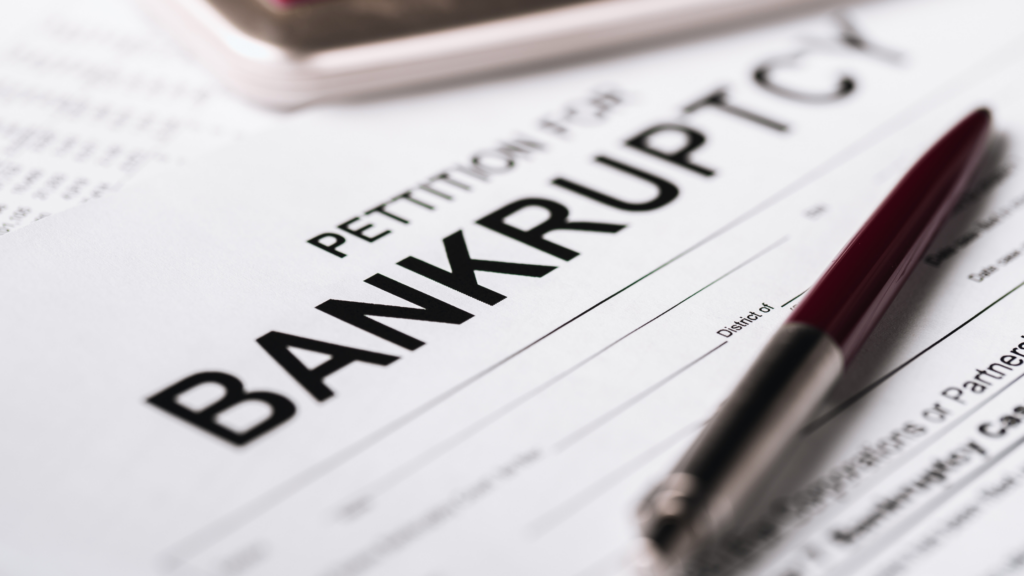How can you protect your company?
The primary goal is to learn about bankruptcy proceedings in Florida and develop strategies for protecting your business.
For many businesses, facing financial challenges is a sad reality. In some cases, initiating bankruptcy proceedings is necessary in order to relieve our debt and reorganize our finances. In the state of Florida, it is very difficult to navigate bankruptcy proceedings without a thorough understanding of the legal environment. Developing effective strategies is indispensable for protecting our business.
Understanding the different types of bankruptcy proceedings
Businesses in Florda typically initiate bankruptcy proceedings based on chapter 7 or chapter 11 of the Bankruptcy Code. Chapter 7 is about liquidating assets in order to pay creditors, while chapter 11 is about the possibility of reorganization, which may also make it possible for our business to keep operating if the court approves our plan. Which chapter we decide to go for depends on the unique circumstances of our business.
Immediate protection with an automatic stay
When a bankruptcy petition is filed, a so-called automatic stay comes into effect. With the help of a legal injunction, most recovery activities, including lawsuits, foreclosures, and communication from creditors, are stopped. This is the time when our business can catch a breath, and when we can reassess our financial situation and prepare plans going forward.
Chapter 11
This chapter makes it possible for us to prepare a plan of reorganization, giving a chance to businesses that want to continue their activities. The plan must include how we will repay the debt, how we wish to renegotiate our contracts, and we can also talk about a possible layoff, as well as selling some assets. The court must approve this plan, and the creditors can also vote on it.
Exemptions and protecting your assets
Florida bankruptcy law also contains exemptions, which protect some assets against liquidation, so the debtor will have the necessary equipment to restart their business. One example may be the homestead exemption, which protects the equity in the debtor’s primary residence, but personal property such as vehicles and household items are also exempt.
Debts
Debts are divided into two categories, secured debt backed by a collateral and unsecured debts. Secured debt may comprise mortgages or auto loans, for example. Businesses in Florida may manage their secured debts, which means they can also transfer it to the creditor, potentially redeeming them later at their current value.
Professional guidance is important
Due to the complexity of bankruptcy proceedings, it is worth contacting an expert, since without an understanding of the federal and state laws it is not worth initiating such a proceeding on your own. The attorneys will prepare a strategy that is in line with your business goals, potentially helping save your company.


